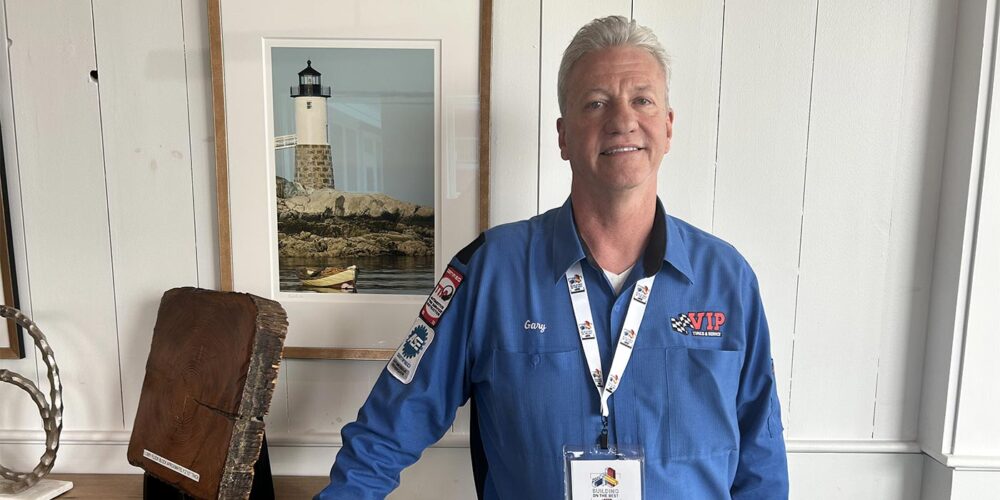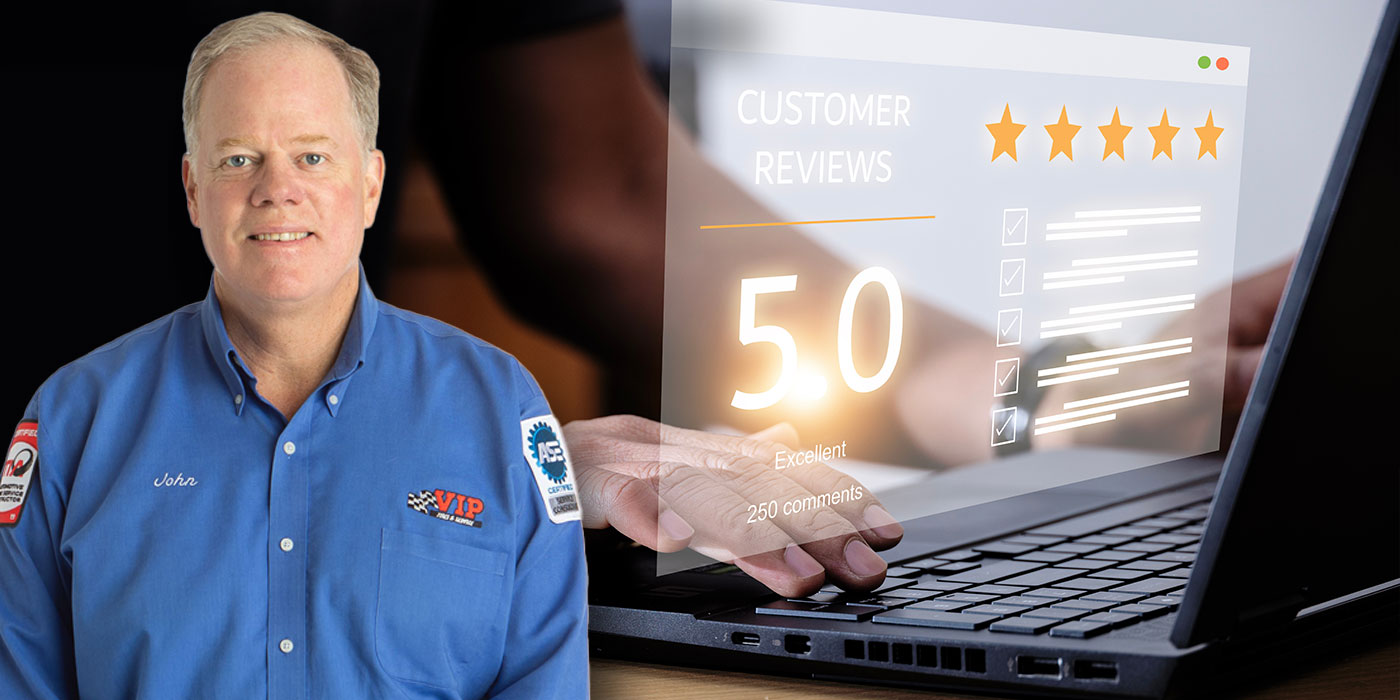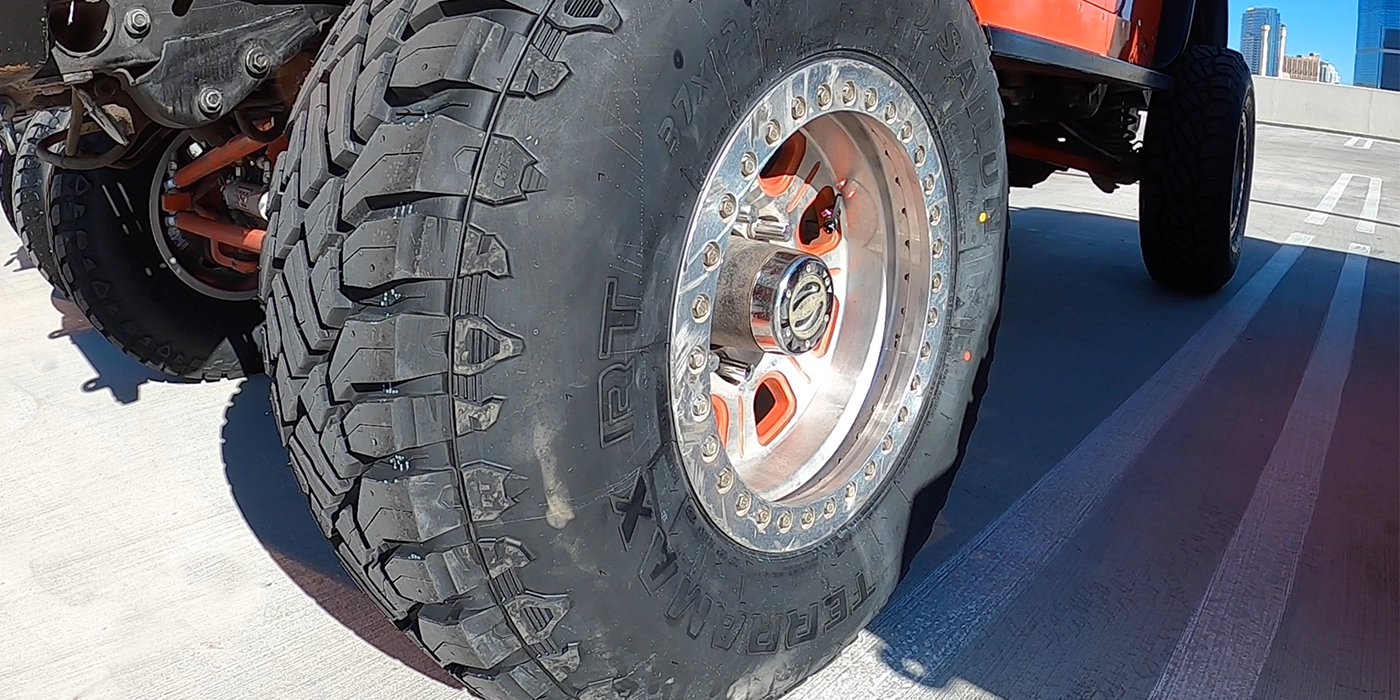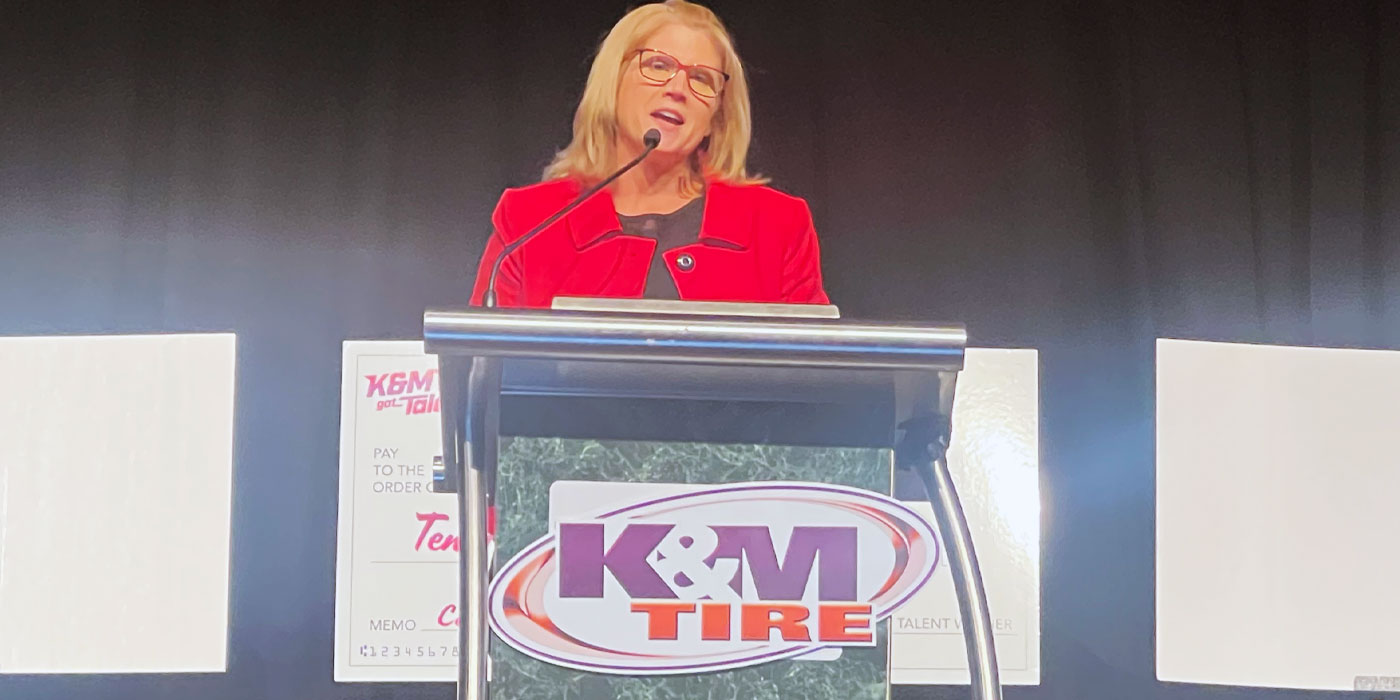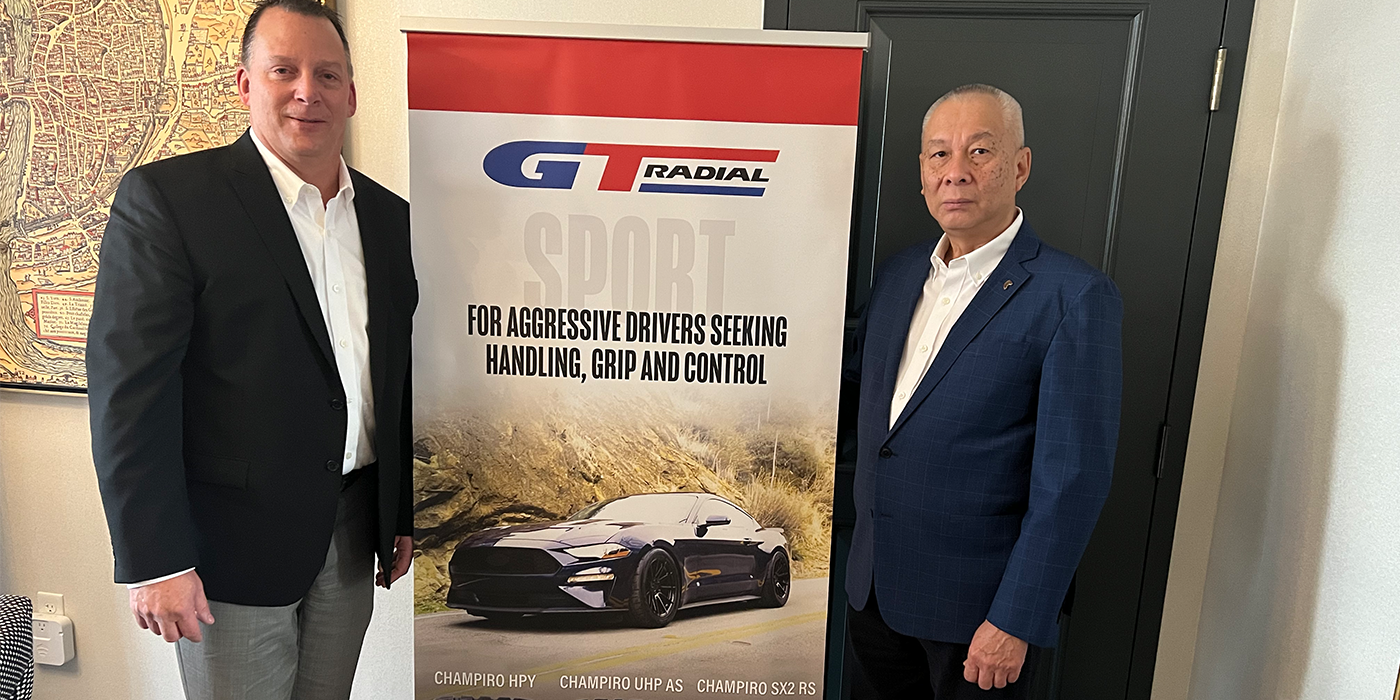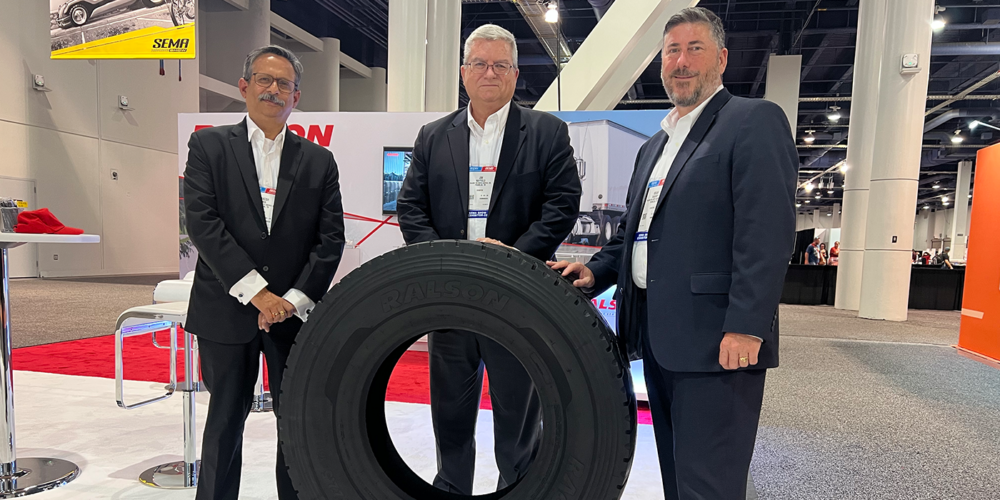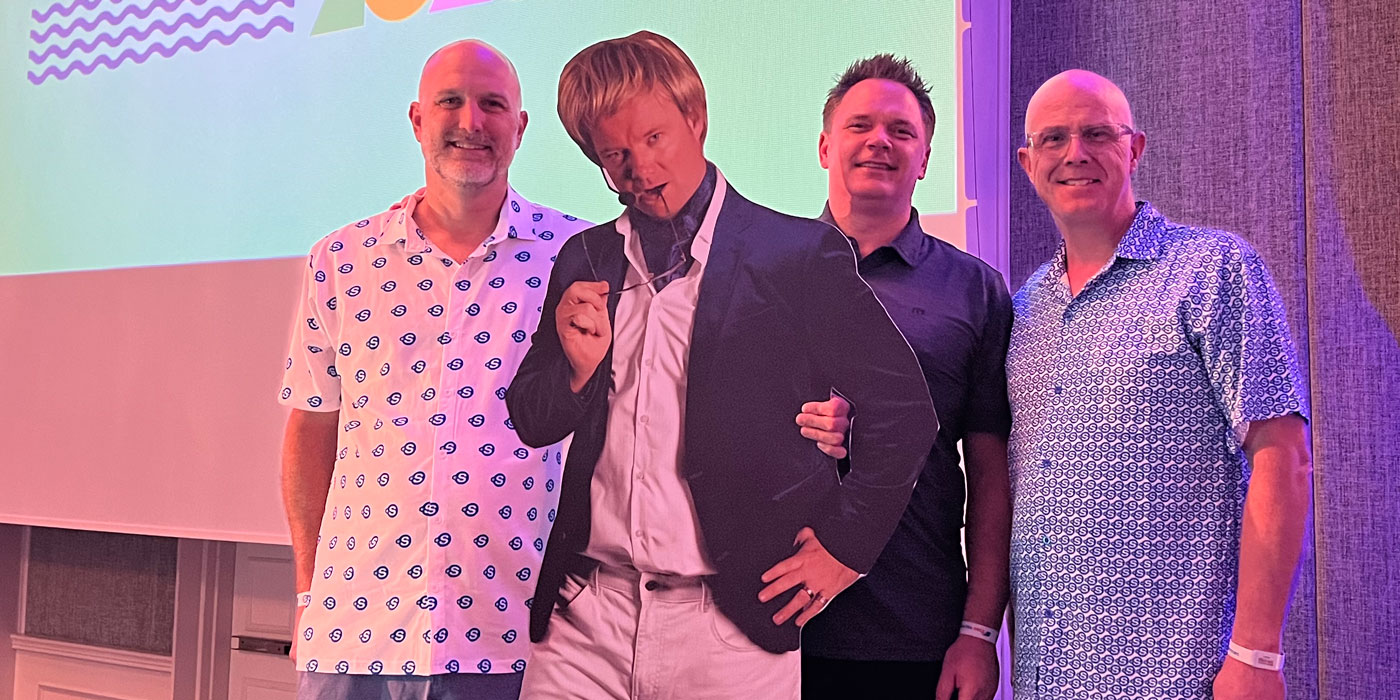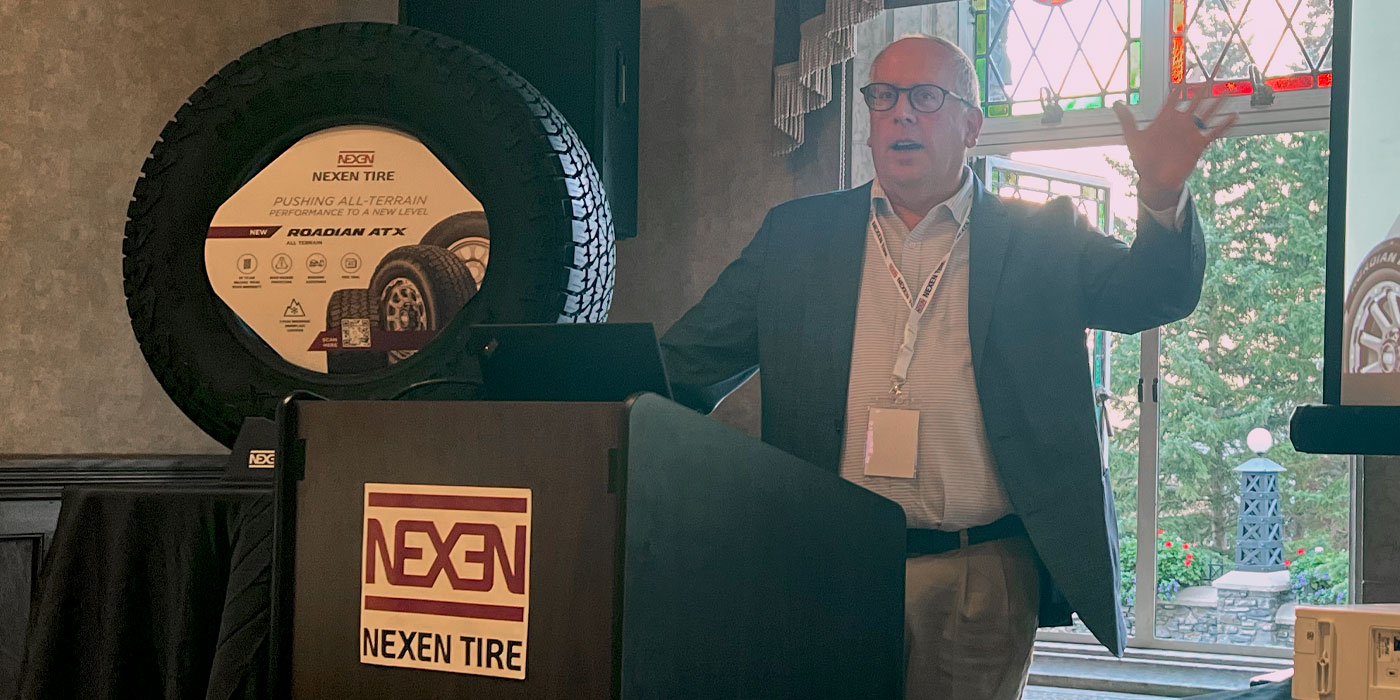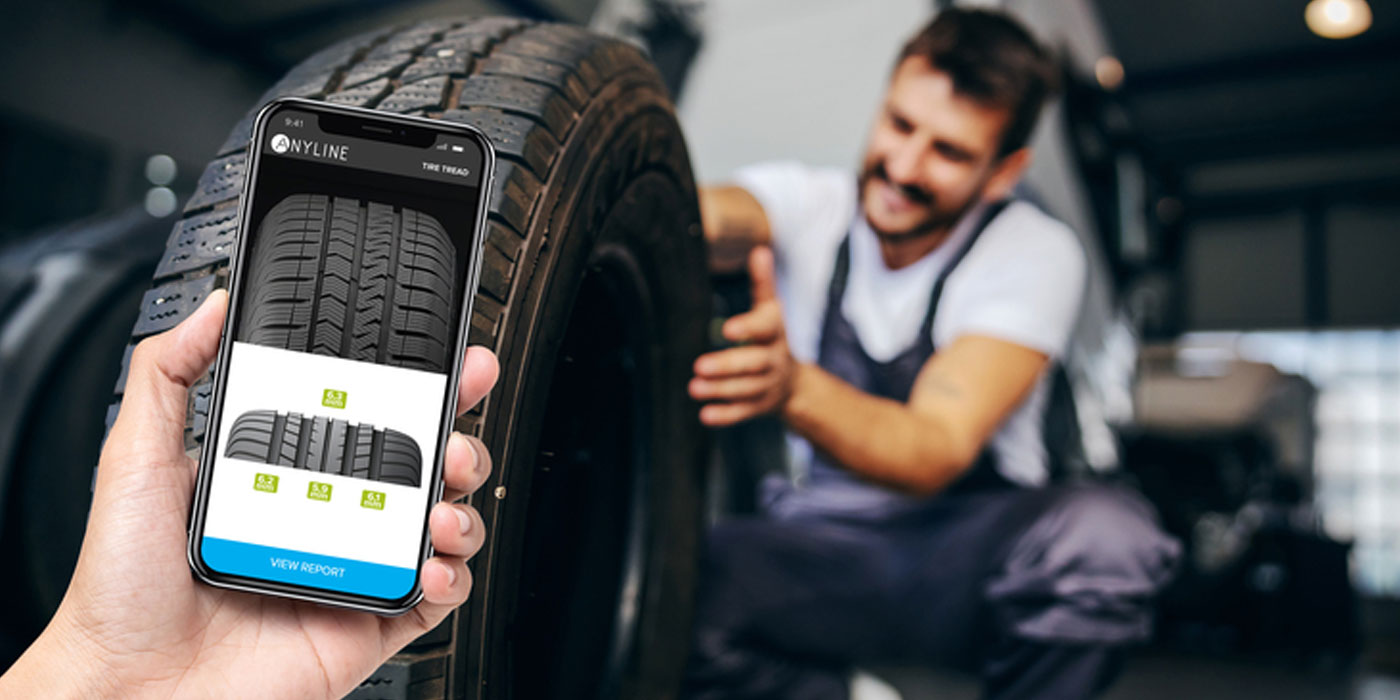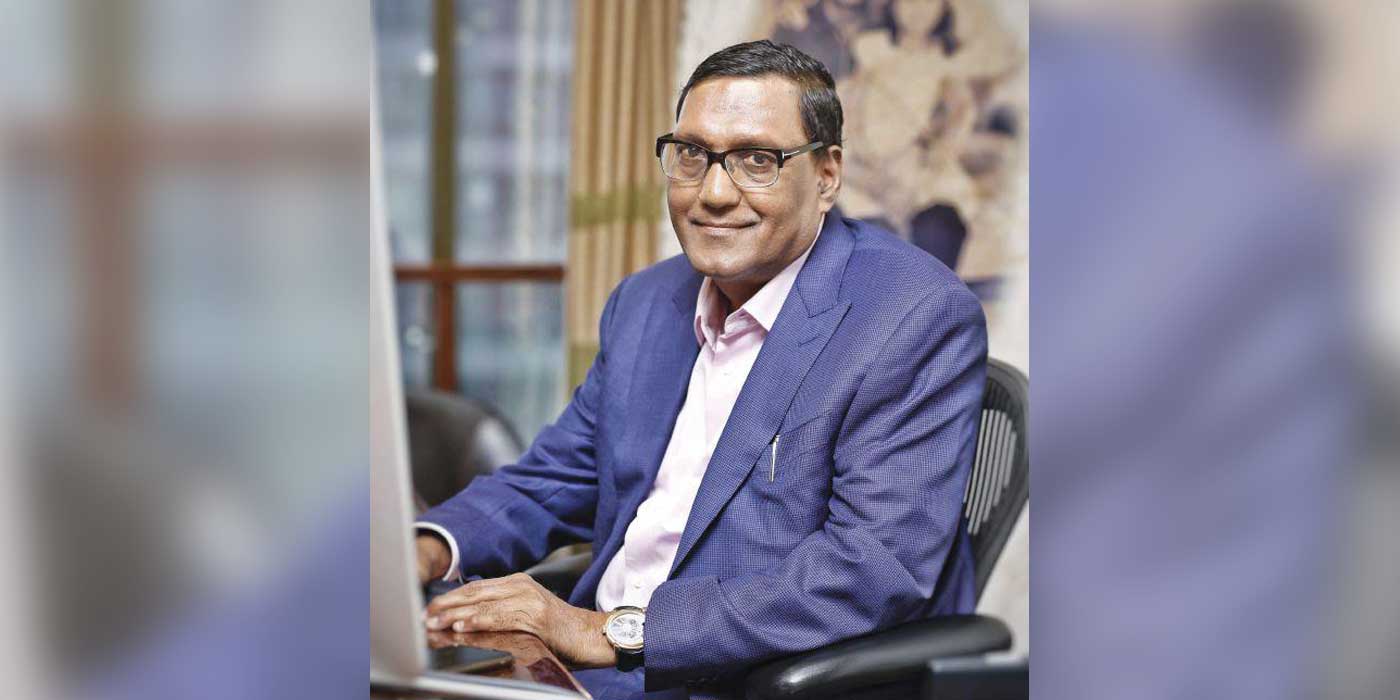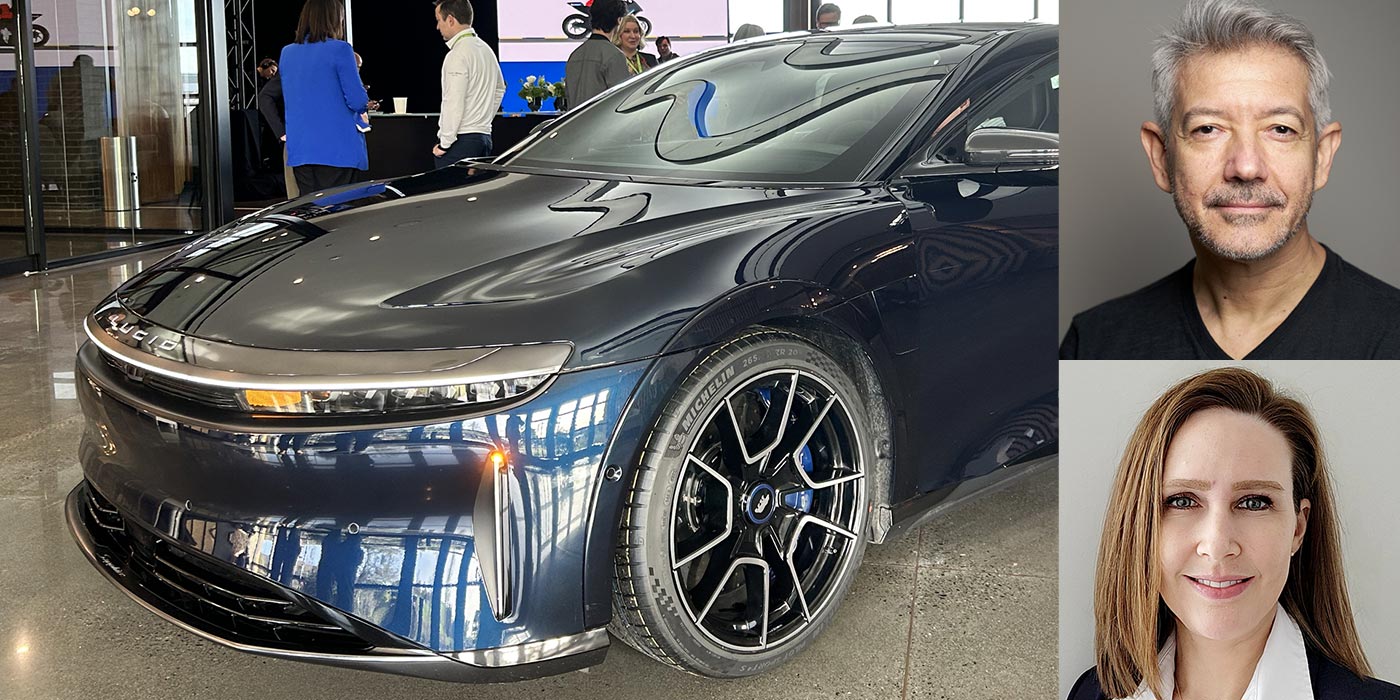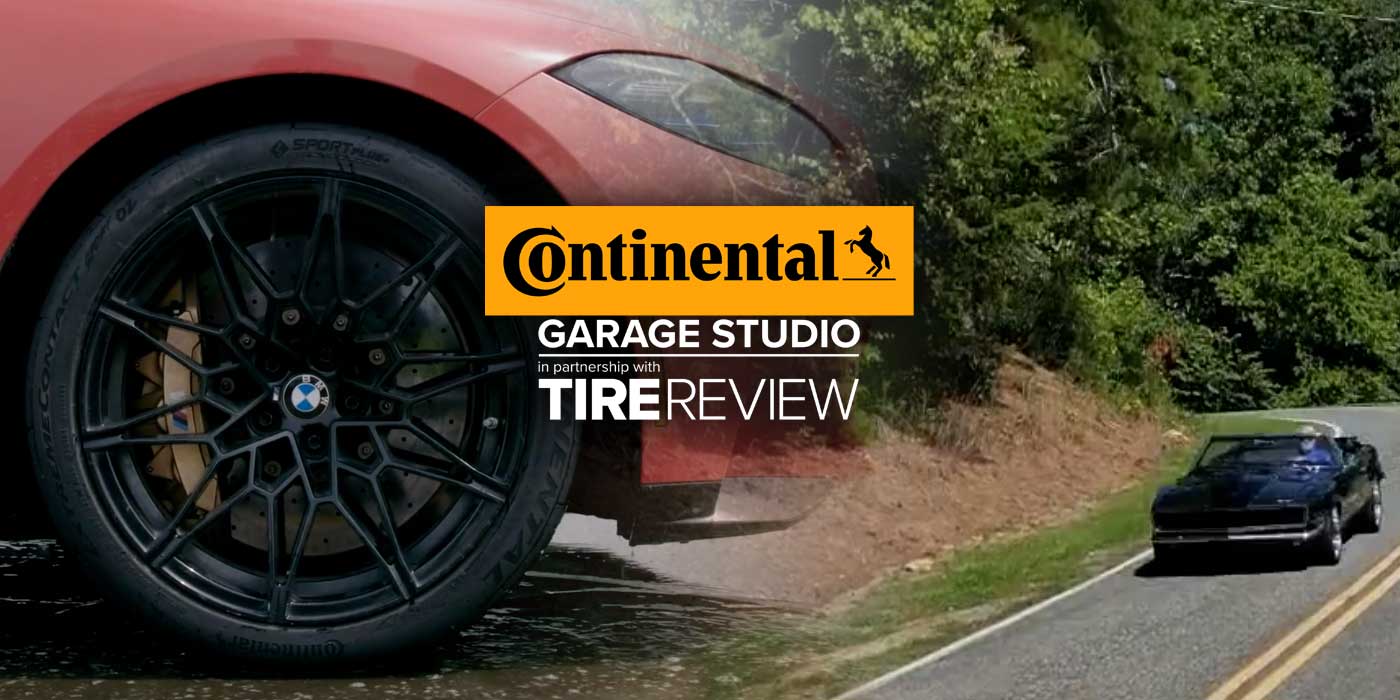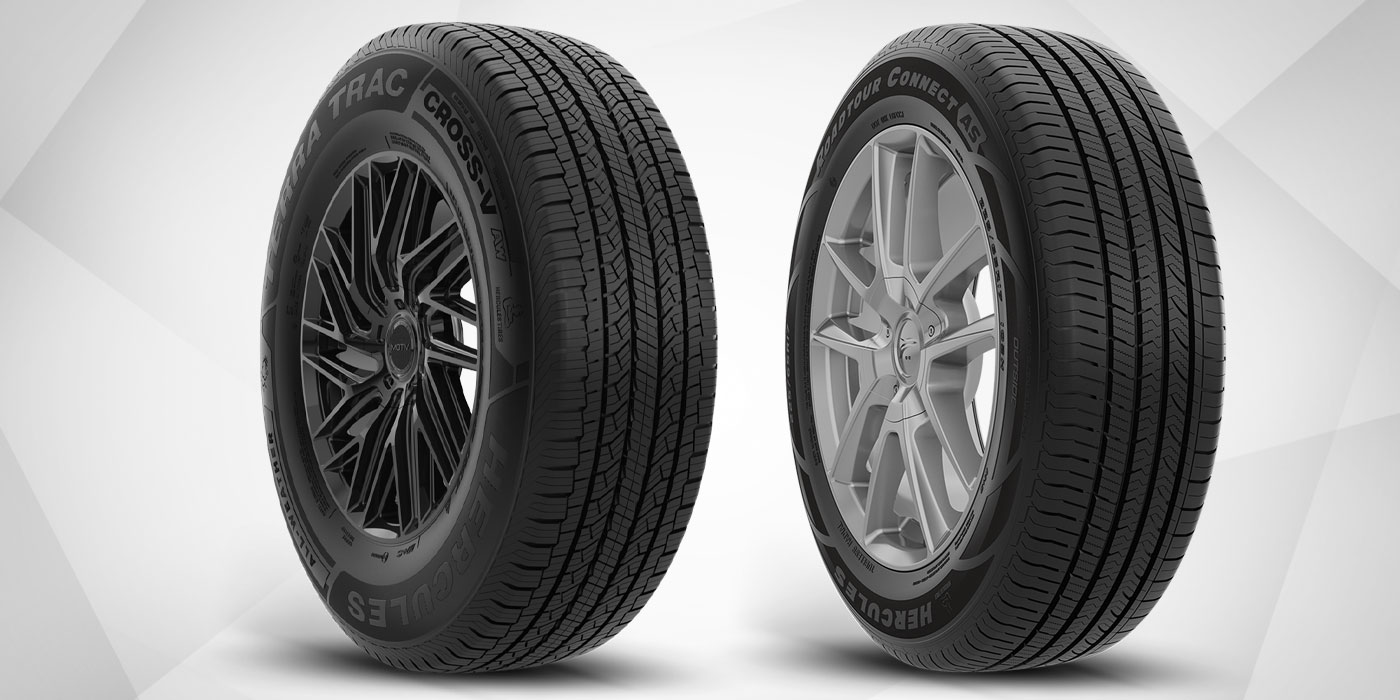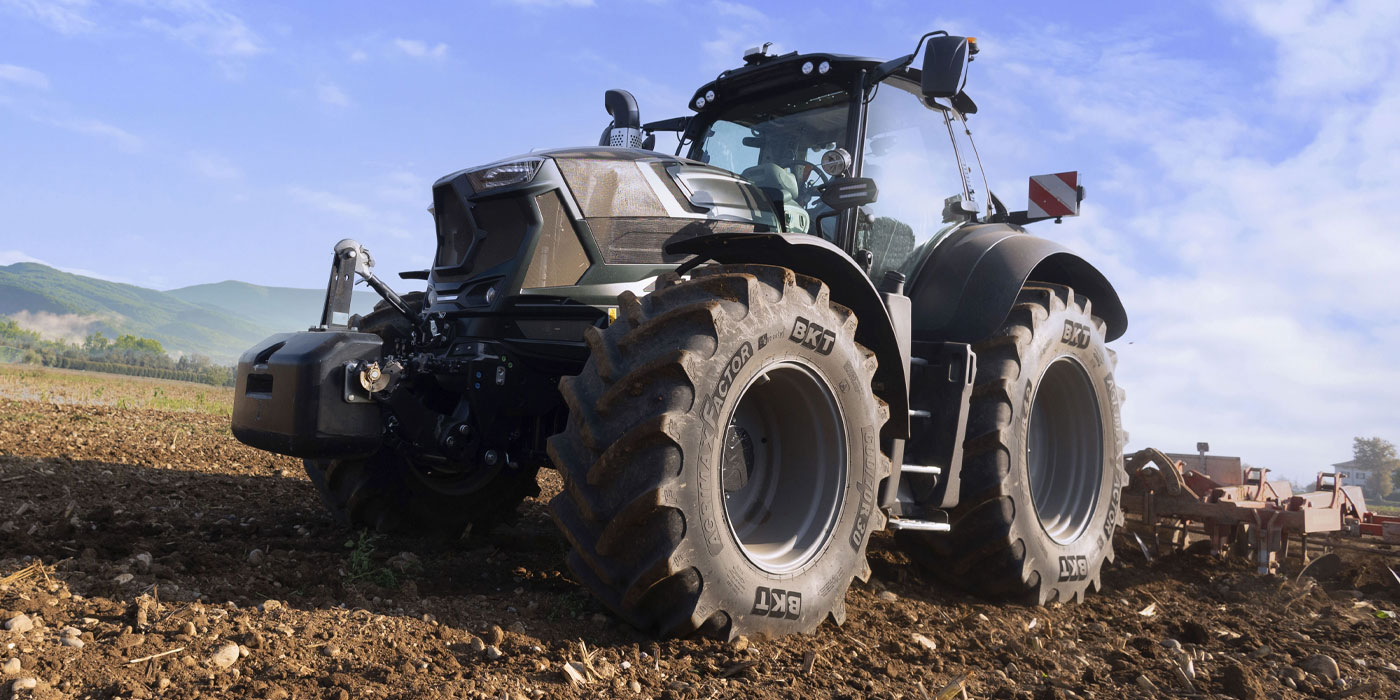VIP Tires & Service has added about a dozen stores in the past five years. It’s been a great pace of growth for the company, says Gary MacCausland, senior vice president of operations and merchandising, but it hasn’t been without its challenges. After all, those shops need employees.
Employee turnover is a relatable issue in the tire industry, but MacCausland and his team are slowly but surely unlocking the answers to keeping their people on board, such as incentivizing and paying for ASE certifications for employees interested in expanding their knowledge.
“Turnover’s a big thing for us, but at the manager level, frankly, our turnover is pretty low,” MacCausland says. “I think they feel supported. It’s a very open line and they just really feel like they’re part of something bigger.”
During this year’s VIP Tires & Service four-day manager’s conference held at the Samoset Resort in Rockport, Maine, Tire Review sat down with MacCausland to pick his brain about what it takes to see success when a new store comes online, how VIP retains its technicians and expected sales trends in the Northeast during the second half of the year.
David Sickels, Tire Review editor: You just opened your 69th store. You have been experiencing incredible growth over the past few years, but is that making your position a little more challenging?
Gary MacCausland, senior vice president of operations and merchandising: Well, I can say that staffing tends to be the biggest challenge with new stores, especially when we get into slightly stretching our geographic footprint. But, we’ve got a pretty simple philosophy. If we’ve got the best manager, the best desk team and the best techs in any community, we win. That’s what it comes down to. So my field team spends a bunch of time recruiting. They know a lot of the best people in the marketplace or they find out who the best people in the marketplace are. We don’t have to have the brightest, shiniest, prettiest store. We’d like to, but if you get the best people in the building, you win.
So what’s the secret to keeping those employees once they’re on board?
Gary MacCausland: I hate to say it, but there are others in our industry who don’t treat their people the same way we do. Technicians find it desirable to come someplace where they’re appreciated, and that spreads to our people. We’ve got a lot of families – brothers, sisters, dads, sons, cousins – that work here because they enjoy working here. That’s a great source of attracting people as well.
What qualities make someone a good fit to join VIP?
Gary MacCausland: The quality we look for is just someone who is helpful. We can train on the automotive part, but if you wake up in the morning, saying, “I want to help people,” those are the types of people we like to have on our team. Our mission statement is to earn an automotive customer for life. One of the things that we talk about a lot is that sometimes the best sale is no sale. If a customer is going to put $1,000 worth of tires into a car that needs $2,000 worth of mechanical work, you may tell them it’s probably not the best decision.
It’s not about how much you can get from that customer that day. We see it as a long-term relationship. We want to be their partner. I’ll tell them, “All right, if you’re going to keep this car for five years, this is probably your five-year plan for this car.” That’s our philosophy.
The theme of this year’s VIP manager’s meeting is “Building on the Best.” What exactly does that mean for you and your team?
Gary MacCausland: A few years ago our theme was “There Can Only Be One Best.”
One of my favorite books is “Good to Great” by Jim Collins, and my takeaway from it is that good is the enemy of great. That’s kind of what building on the best is. We may be the team that’s winning in a lot of markets, so the challenge becomes: How do you take a team that’s pretty good and make it better? It’s hard to challenge yourself to go to the next level. Even if you’re the best, you can still be better.
What is the best way for VIP to “build on the best” right now?
Gary MacCausland: Customer loyalty. It’s a measurement that we’re very proud of. In our personal life we say, “I’ve got a guy, I’ll call my guy.” We want to be that person in people’s lives. We want people to think of our technicians as “my mechanic.”
That’s why all of our techs have their own business cards. Part of our process is that we take a customer out into the shop and they get to meet the tech who’s working on their car. It’s not just to take them in to show them what’s wrong with the car.
What do you hope to accomplish with your team during your manager’s conference?
Gary MacCausland: At a surface level, it’s about gaining all the new information from the vendors, learning what’s new, what are the new products… the other side of it, and just as important, is the relationships these guys build with each other. I’m a huge believer that none of us are as smart as all of us. We pair them up in shared rooms while they’re here, and their roommates aren’t the guy that they’ve been the same roommate with for 10 years. We mix it up so that they get to know somebody different with somebody from a different market, whatever, and just so they can build those relationships. That’s a huge benefit. Turnover’s a big thing for us, but at the manager level, frankly, our turnover is pretty low. A lot of these guys have now been here several times and they’re really starting to get to know each other and they’ve got some great relationships. Most of our turnover, which we’re working hard to change, is in entry-level tire technicians.
What do you think is behind that low turnover rate?
Gary MacCausland: I think they feel supported. If they’ve got an idea, we talk about it. If we don’t implement it, we tell them why we couldn’t, but it’s a very open line and they just really feel like they’re part of something bigger.
With some of the younger installation techs, we’re trying to get them to stay with us for a year. If we can get them to a year, typically they’re going to make a career out of this and they start seeing and feeling something. We just started a tool program that we’re investing a huge amount of money in. For any installation technician, we’ll give them $2,000 worth of tools right out of the get-go. And if they stay with us a year, they’re theirs to keep. If they leave within the year, they have to leave the tools behind.
That’s a pretty big incentive.
Gary MacCausland: Yeah, it’s a significant investment, that’s how we see it. We’re probably about two or three months in, and we’re really hoping it’ll help us get the guys to be here a year. Once they’re here a year, they start making more money, they learn more, and they start feeling like a professional technician.
How much of your time and budget do you have to invest to make sure that you are taking care of your technicians?
Gary MacCausland: It sounds like a buzzword, but we truly see it as an investment, not an expense. It makes them better, and it shows we care about them and support them in their career. And the other side of it is that if they become more productive and don’t turn over, it’s a huge win for us.
What’s been the big challenge this year from a merchandising point of view, and how have you addressed that challenge?
Gary MacCausland: The supply chain is much better, but the availability of certain SKUs and certain items has been a challenge. We recently partnered with a new vendor, and the first year no one knew how they were going to sell. No one knew which tire was going to be most popular, so it was a challenge to get it right. Having the right product on the right continent in the right store when we needed it was a learning experience for us.
Also, I think it was three years ago that we went to a second distribution center. We use third-party logistics. U.S. Auto Force, formerly known as Max Finkelstein, warehouses all of our tires for us. Any tires we buy are shipped into them, they put them away in a VIP section, and then they deliver them to our stores, along with the product that we buy from them. Because of our geographic footprint, we had to go to a second distribution center. It isn’t as easy as just cutting everything in half and half your tires go here and half your tires go there. That was something we had to learn over the last couple of years, but we’ve gotten much better with that and they’re a great partner for us.
You mentioned the supply chain is getting better. How exactly is it treating you right now?
Gary MacCausland: In totality, I think the quantity of tires available is almost back to what it was pre-COVID. But I think what we’ve learned is that there are still pockets where there’s an opportunity and it needs to be fine-tuned. In the last two or three years, size, popularity, or demand has changed in different products and I don’t think it has adjusted accordingly, or it’s now readjusting.
What do you see being the big sales trends in the last half of the year?
Gary MacCausland: One of the big trends here is people going to all-weather tires versus winter tires. We are still a big winter tire market, but it’s now become very divided. In Northern Maine, almost everybody’s running studded snow tires. That’s just the way it is up there. Whereas in Massachusetts, most people aren’t even putting on winter tires, depending on how much driving they do. All-weather tires are really, really growing and I think that will continue to grow.
It has grown steadily, I’ll say, over the last five years. At first, we pretty much only had one offering of all-weather, but now there are multiple offerings and it’s definitely growing. In fact, some of my district managers have all-weathers on their cars now instead of winter tires. They want to try it and they want to be able to speak intelligently about them.
Is that dipping into your all-season tire sales?
Gary MacCausland: Yeah, it’s taken from the all-seasons and it’s taken from the winter [tires]. Farther south where the population’s dense, nobody wants to store an extra set of tires in an apartment or a condo.
Let’s shift to talking about AI, just because it’s so in vogue. Have you found a use for AI in your regular day-to-day operations?
Gary MacCausland: We are not utilizing it a lot yet from a business standpoint. We’ve kind of gone the other direction compared to some of our competitors who are using it. They use it for click-to-chat on their websites, and they’re driving hard in that direction. Instead, our managers and technicians want to talk intelligently about your car and get into specifics and they try to build that relationship with you. But to your point, it’s hot, it’s coming, and it’s going to make people more efficient and effective. I guess we just haven’t figured out how to leverage it without losing our level of interaction.

